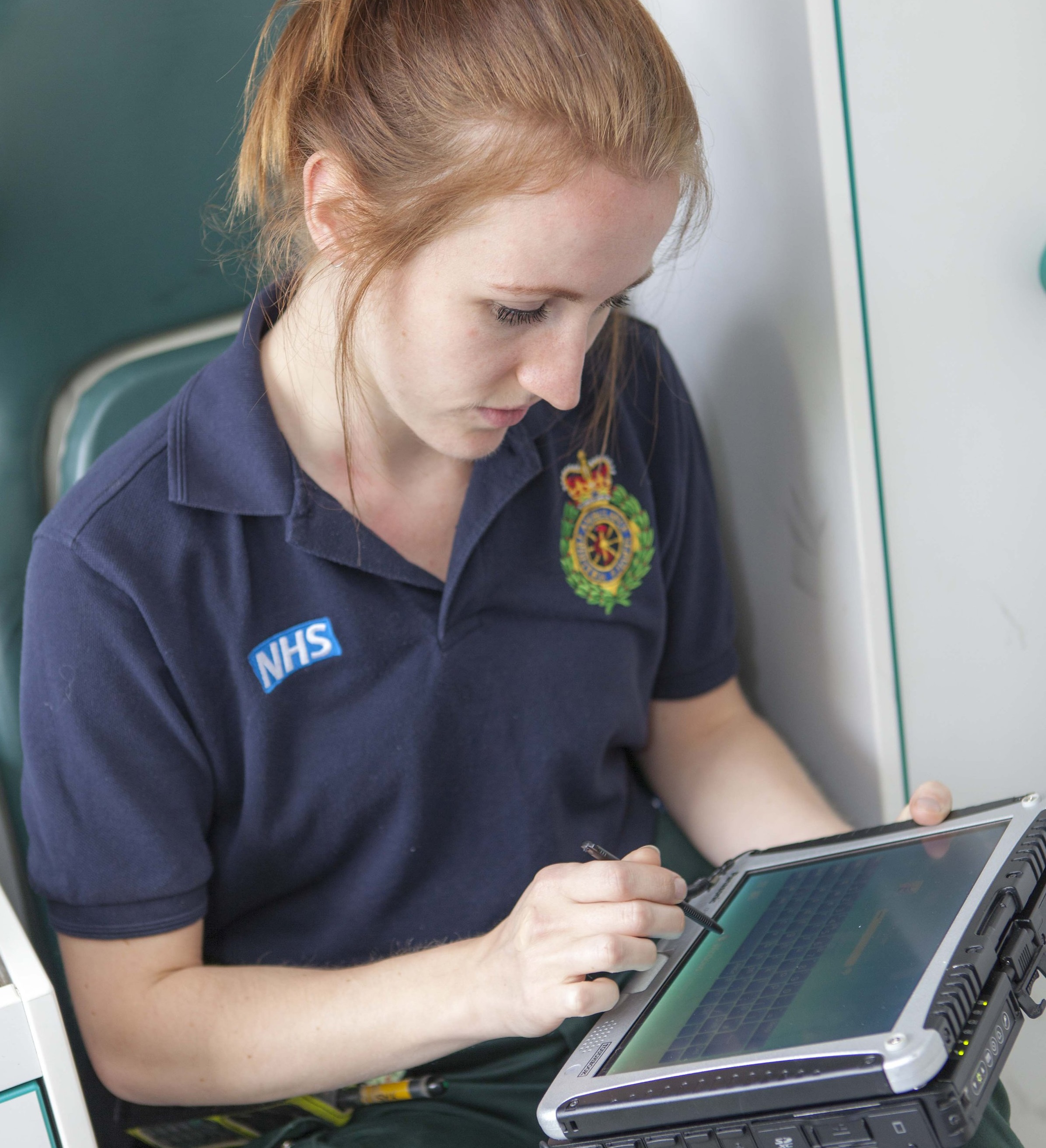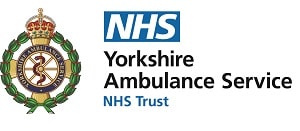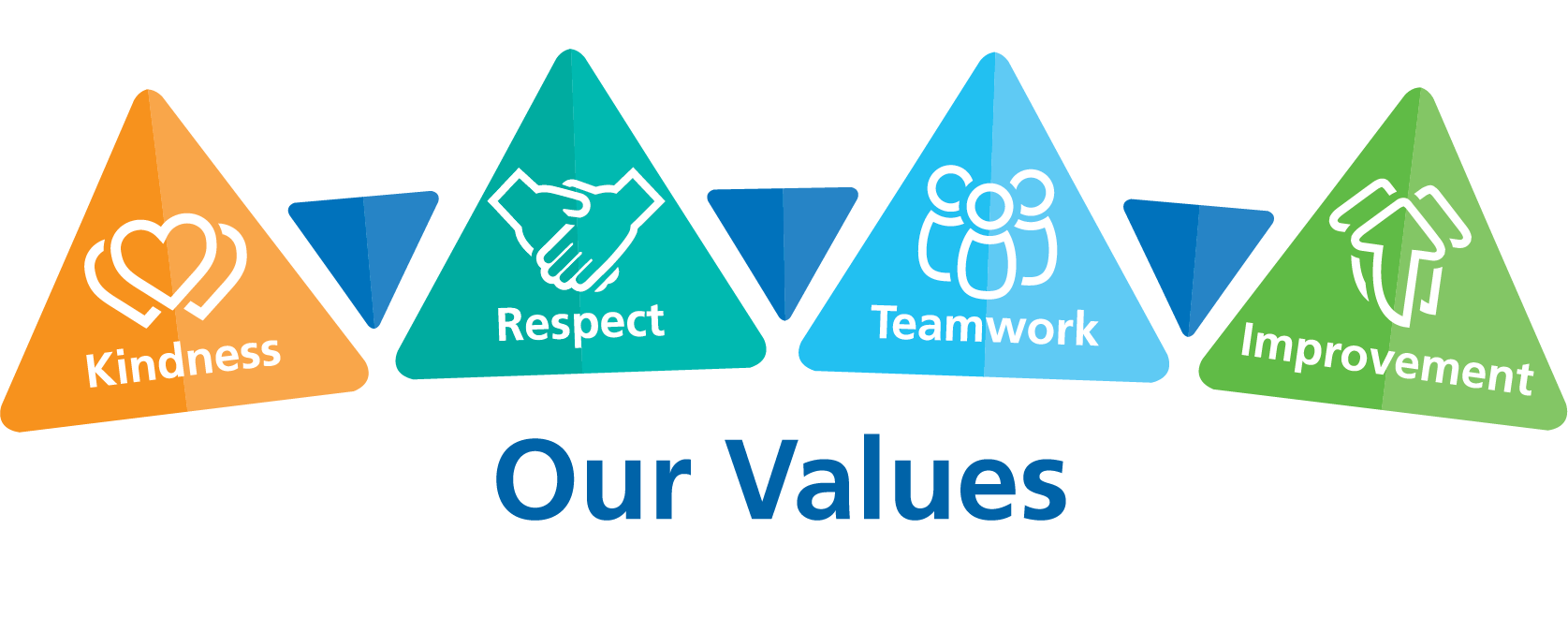Yorkshire Ambulance Service Electronic Patient Record (YAS ePR)
24 January 2019

Designed and developed by our staff for our staff, the intuitive and easy-to-use YAS ePR electronically captures assessment and interaction information about our patients. This enables us to accurately share relevant and timely information with other healthcare providers involved in their care, leading to improved quality, clinical safety, audit and patient experience.
Over 150,000 electronic patient records were completed in the first 12 months of operation following its launch in South and West Yorkshire.
The YAS ePR was singled out for praise by Matt Hancock, Secretary of State for Health and Social Care, who asked for a demonstration during a visit to Leeds General Infirmary in October 2018. He subsequently blogged about the challenges that ambulance services face:
“Paramedics usually respond to emergency calls with no prior knowledge of an individual’s condition or medical history. Access to patient information including medication, allergies, medical history, care and crisis plans can make a critical difference and enable better, faster and safer patient care.”
He then referenced the YAS ePR saying:
“In Yorkshire and the Humber, work is underway to help Yorkshire Ambulance Service access patient information in transit and at the point of handover to Accident and Emergency (A&E) services. To do this, information is being recorded electronically by paramedics for immediate use by hospital staff on arrival at A&E.”
Feedback from Operational staff has been positive. They understand the benefits of the YAS ePR and find the in-house application simple to use, as it is a digital version its paper predecessor. Staff also appreciate the opportunity to submit ideas for improvement and see more of these incorporated than is likely with a third-party product.
Through the ability to access the YAS ePR immediately, our Patient Relations Department has reported an improvement in:
- the speed of response to complaints, and in meeting the target of 25 working days average. It can typically take two to three months to access the paper patient record compared with immediate access to the digital record.
- the quality of response to complaints. Our Patient Relations Department is able to investigate a complaint before crews’ recollection has faded, leading to a more accurate review and better learning for the organisation.
- complainant relationships. The faster response improves complainant satisfaction, reducing the number of complaints which are re-opened.
- the number of re-opened complaints and complaints referred for Ombudsman review which also reduces the workload for the Patient Relations Department.
Digital Roadmap
Future developments of the YAS ePR will enable a seamless transfer of care with the wider healthcare economy.
This will be done by:
- supporting clinical decision-making by incorporating Paramedic Pathfinder, NHS Service Finder and JRCALC
- facilitating the sharing of patient data, eg the Yorkshire and Humber Care Record, Local Health and Care Records Exemplar and the National Record Locator Service
- integrating with electronic referral via our Clinical Hub, the NHS Spine, defibrillator data and community first responders.
Local Health and Care Record Exemplar
The Yorkshire region has recently been awarded funding to develop a Local Health and Care Record Exemplar (LHCRE). The YAS ePR application has enabled YAS to take a full and active part in this programme, which will facilitate electronic transfer of urgent and emergency care data between the ambulance service, hospitals, GPs, mental health and social care providers etc.
National Record Locator Service
YAS has been selected along with three other ambulance trusts (London, North West and North East) to take part in the National Record Locator Service (NRLS) pilot across UK. The NRLS provides access to patient records to support direct care. The pilot service flags where a patient has a mental health crisis plan in place. This information is highlighted on the ePR application, and can be accessed by clinicians through summary care record (SCRa). Our involvement in this first phase of NRLS secures our position on both the regional and national record-sharing landscape.
Produced by: Corporate Communications Department


Share with friends